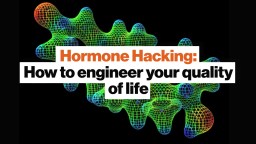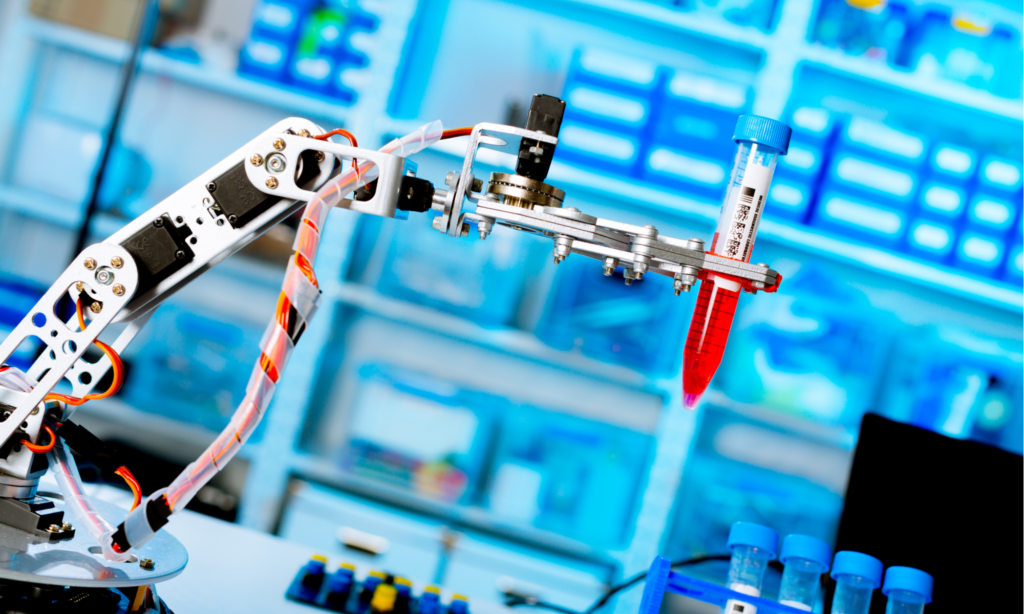Health
All Stories
Has misinformation clouded our understanding of the anti-aging power of hormones?
▸
5 min
—
with
Even before publication, health agencies were asking the journal not to publish the research.
Artificial intelligence has proven equal and even better than humans in making some diagnoses.
It will be available in select Canadian locations starting Sept. 30.
Scientists find promising results in trial to reverse biological aging.
A new study shows two potential benefits of undergoing a painful ritual.
A new report sees a major disruption in where we get our food.
Can Impossible Foods beat other brands — like Beyond Meat and Tyson — in the war to dominate the alternative meat industry?
Duke University psychiatrist Harold Koenig describes how.
The post Faith Benefits Health appeared first on ORBITER.
A new research article states that the obesity epidemic is affecting more than just waistlines.
Unhealthy diets cause the part of your brain responsible for appetite to become inflamed, encouraging further eating and obesity.
The system could help with diagnosing and treating patients that cannot communicate.
Researchers are only just beginning to really understand anaesthesia awareness.
Scientists still don’t fully understand how abstaining from animal products affects the body.
“We can’t allow people to get sick,” President Donald Trump said from the Oval Office.
Appraising a ubiquitous feature among modern folk.
Moving the needle forward on psychedelic research.
One Juul representative told high-school students that Juul products were “99% safer than cigarettes,” according to congressional testimony.
Bill Maher called for fat shaming last week. His argument makes sense.
A group of at least 20 kids in Spain gets a rare illness with historical roots.
The large-scale study got it right for 83 percent of participants. Would you take the blood test?
Although they may be healthier in many ways, more ethical, and better for the environment, restrictive diets don’t come without their challenges.
The move comes amid a surge of vaping-related hospitalizations.
Despite acceptance by many insurance companies, a number of studies don’t confirm its effectiveness.
Exercise newbies in their seventies and eighties build muscle at the same rate as master athletes.
Experts are saying it’s a “huge step forward for synthetic biology.”
New software makes lab work go much faster—and hastens the search for cures.
What’s next for the nation’s opioid cases?
How many other disease-fighting compounds might we find in the ocean?
Can the duo make plant-based chicken taste “finger lickin’ good”?





























